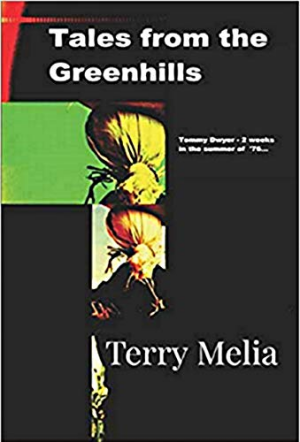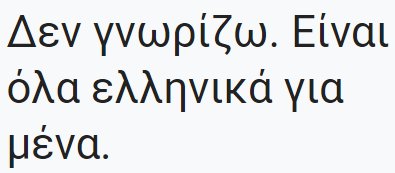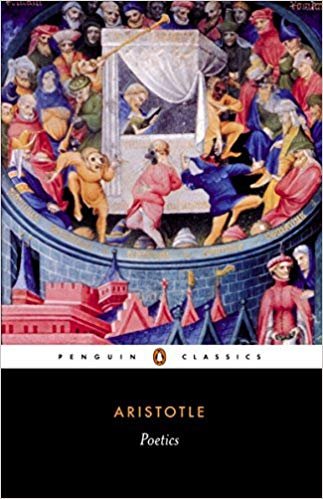[Much of this series is excerpted from a post on Phoebe Darqueling’s blog]
World-building is an interesting and amusing phrase to me. I don’t think it existed as such when I started writing professionally (1970s). Perhaps people understood it without naming it as such. Consider authoring concepts such as atmosphere, character, description, dialogue, narration, pace, plot, POV, scenes, setting, structure, style, tone, viewpoint, … are we whirling them all into the single term, world-building? Okay, so long as we recognize the whole is the sum of its parts and a weakness in any one of them is a weakness in all of them.
World-building is in all writing, fiction and non-fiction, because (to me) “world-building” is the art of getting your readers to accept the story’s mythos as more real than their daily mythos (meaning the story’s reality is more engaging and actualizing than their daily reality). I’ve read biographies and histories and been caught up in them, lost track of time, forgotten to eat, read until my eyes closed and then dreamt about what I read. Likewise I’ve read fiction that I’ve put down and forgotten to pick up again because I couldn’t care less about what was happening in the story.
I’m told I do lots of world-building in my work and ask, “Can you show me where?” Most can’t because I work to share a story’s reality through the development of the story itself, not in expository lumps (an “expository lump” occurs when the author tells the reader something rather than providing the reader with sufficient information to experience it. World-building case in point, the first paragraph of one of my works-in-progress, Gable Smiled, is:
Valen patted Gable’s muscular neck as they trotted into Lensterville. They’d been ten days out, mostly soldiering Sipio’s vast Northern Plain, and this time of year that meant heat with a capital “H”. Valen could feel his own sweat trickling through the hairs on his chest and back, and every time his Ranger-issue travel cords relaxed around him, his scent rose like steam washing his face.
Consider how much the reader learns in Gable Smiled‘s opening paragraph:
Greetings! I’m your friendly, neighborhood Threshold Guardian. This is a protected post. Protected posts in the My Work, Marketing, and StoryCrafting categories require a subscription (starting at 1$US/month) to access. Protected posts outside those categories require a General (free) membership.
Members and Subscribers can LogIn. Non members can join. Non-protected posts (there are several) are available to everyone.
Want to learn more about why I use a subscription model? Read More ch-ch-ch-ch-Changes Enjoy!



